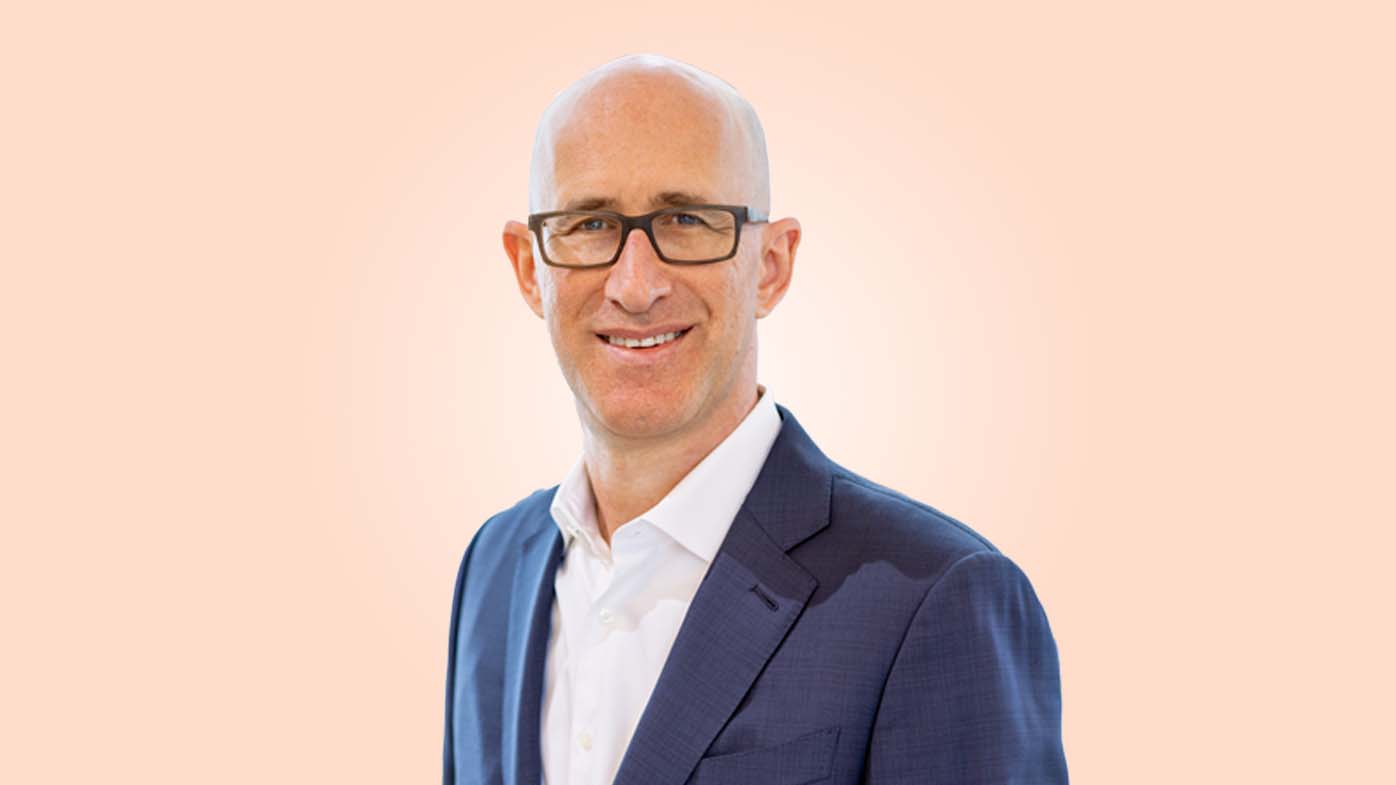Jonathan Sadeh, MD, MSc, senior vice president of Immunology and Fibrosis Development at Bristol Myers Squibb, shares how he applies knowledge and insight from over 20 years of experience in immunology and fibrosis to lead a team pursuing pathbreaking science in immune-mediated diseases. After starting his career in academia and later focusing on clinical research and drug development, Jonathan has seen the value that research and development provides to address unmet needs relating to patient care. These experiences have influenced his strategic and thoughtful approach to leading immunology development research at Bristol Myers Squibb, where he continues to work towards the goal of elevating care for those living with immune-mediated diseases.
Q: What approach is Bristol Myers Squibb taking to develop new therapies for immune-mediated diseases?
Sadeh: At Bristol Myers Squibb, we are building a portfolio grounded in pathbreaking science that addresses unmet needs for people living with immune-mediated diseases in rheumatology, gastroenterology, dermatology and neurology. Our approach starts with a deep understanding of the science. We dig further into the immune pathways to advance our understanding of how they impact different immune-mediated conditions. By using this approach, we aim to develop a drug that has potential across various diseases and therapeutic areas impacted by a single pathway.
A perfect example of this is the tyrosine kinase 2 (TYK2) pathway. We started with an understanding of the pathway and its role across a number of immune-mediated conditions, such as psoriasis, inflammatory bowel disease and lupus, and then pursued drug development to address this important pathway.
Using this approach, we are hoping to build a powerhouse Immunology franchise and progressing our diversified, industry-leading portfolio with the goal of elevating standards of care and addressing the pressing treatment gaps that exist for people living with immune-mediated diseases.
Q: What excites you about working in immunology and fibrosis?
Sadeh: We have made tremendous advances over the past 20 years in our understanding of the pathogenesis of immune-mediated diseases, which allows us to envision and then develop transformational therapies. The science and our understanding of the underlying biology of immune-mediated diseases have evolved, and we are now able to make an impact on patients’ lives in ways we could not have done in the past. As such, the field is now seeing therapies with significant symptom improvement and remission rates, and we are even beginning to talk about disease prevention and potential cures. Bristol Myers Squibb is leading the way in pursuing many of these scientific breakthroughs. We are transforming the way we develop treatments for patients with immune-mediated diseases and hoping to make a significant impact on this evolving field.
Q: What does the future hold for the Immunology franchise?
Sadeh: We started more than 20 years ago in rheumatology, pioneering the science of fine-tuning the body’s immune response to treat diseases, and we are continuing to build the next wave of innovation. That said, the depth and breadth of our portfolio is made possible by our biggest asset — our people. I believe we have a diverse group of some of the sharpest and most experienced people in the industry. Our focus will remain on growing our people and making sure they have the support, personally and professionally, needed to innovate. I see a bright future for our teams as we pursue pathbreaking science to provide solutions for the patients we serve.
| To learn more about Bristol Myers Squibb’s Immunology franchise, visit here. |
Subscribe to Our stories alerts
Beyond just relevant information about Bristol Myers Squibb's therapeutic areas and innovation, Our stories offer a window into the work our employees do every day for patients.
About Bristol Myers Squibb
Bristol Myers Squibb is a global biopharmaceutical company whose mission is to discover, develop and deliver innovative medicines that help patients prevail over serious diseases. As global citizens, we work sustainably and responsibly to create a positive impact in the communities where we live and work.



